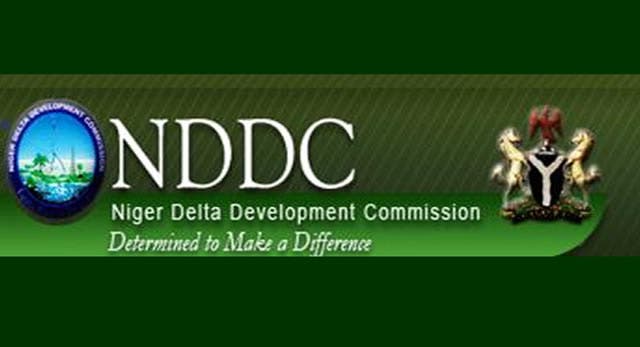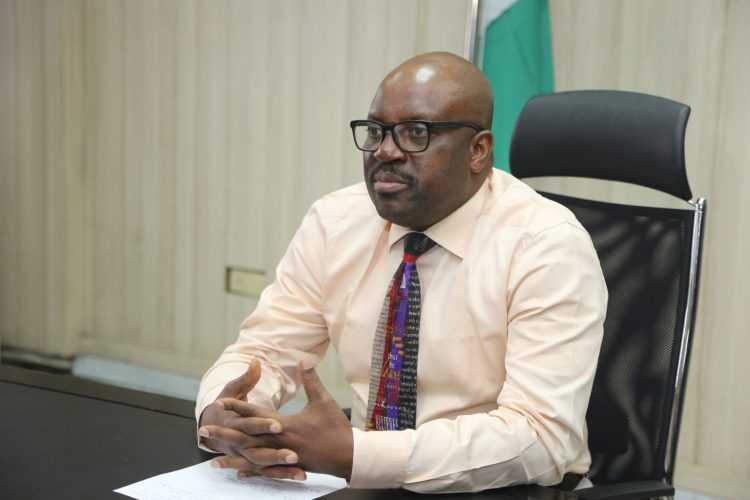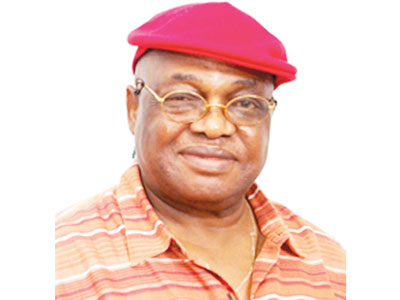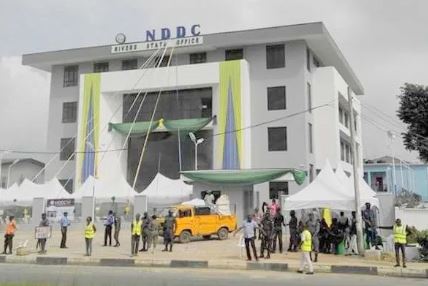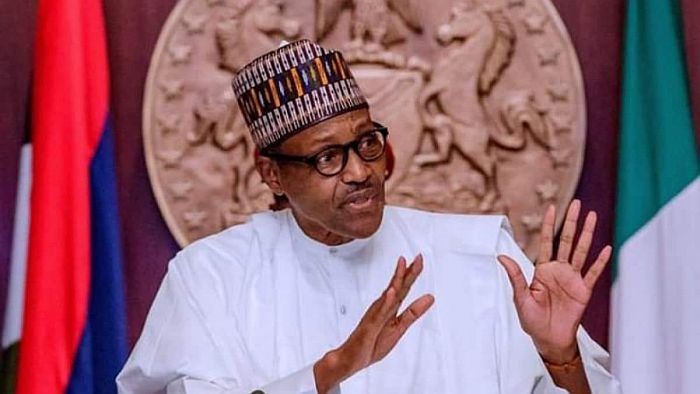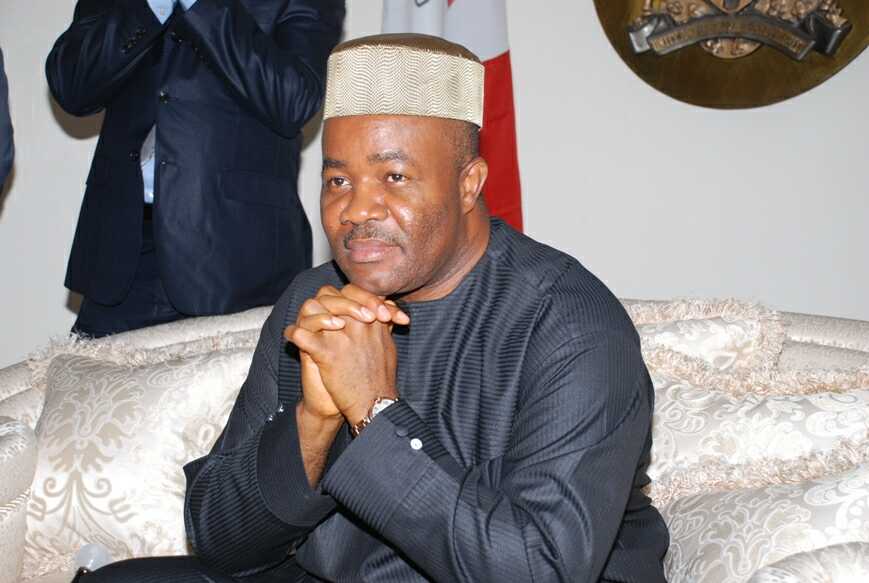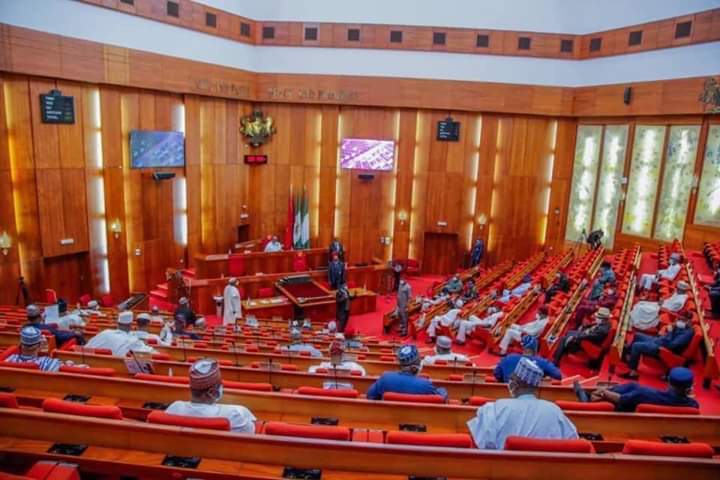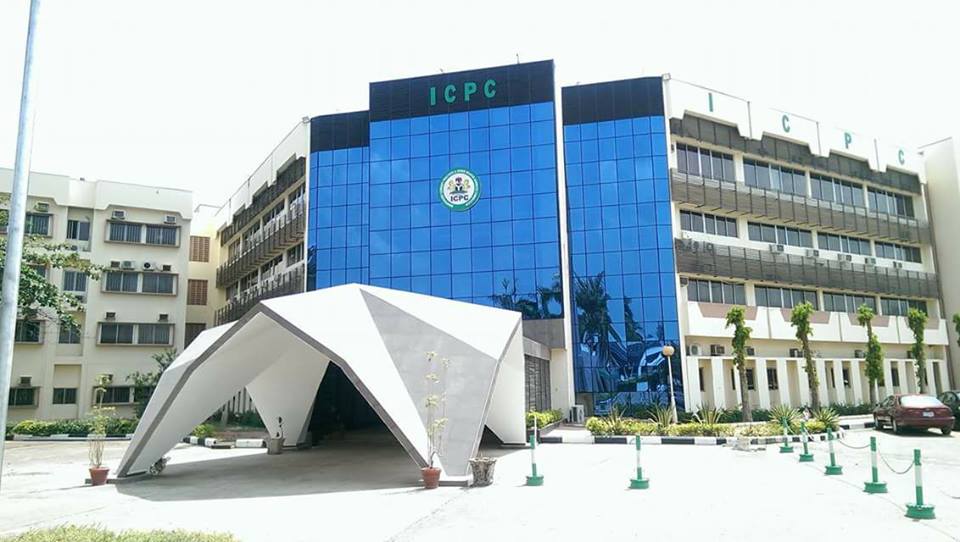By Patrick Dele Cole
Tennessee Valley Authority: Welsh Development Authority, Cardiff: Dutch Land Reclamation Authority Rotterdam: The Poster fathers of the NDDC
1) The NDDC was a PDP platform issue but the concept of developing the oil producing areas because of its geographical quirkiness , peculiarities etc had been recognised by earlier military governments notably General Babangida and his reluctant establishment of OMPADEC – where he allowed a 1.5% of oil revenue to be dedicated to it. For many years this money was regarded as money sucking tit for all ministers whenever they needed money, ministries such as Works, Transport, Housing, Communications, Science and Technology etc. The money had been accruing in the CBN and no one was responsible for its disbursement. When the first DG was appointed he had to rush to the CBN to put a stop to the raids on this account and he met a stoneswall which he overcame by writing a letter to the president to secure the balance with the CBN. (Similar raids on other government accounts in CBN were common, the BASA flight contributions were similarly raided until someone told an incoming minister of the existence of the funds. The minister transferred the funds and no one knows what the minister did with that money!!)
2) OMPADEC started small development projects in the oil producing areas. The job was daunting because up till then there had been little or no development. In the Delta, Rivers areas the most useful and beneficial work OMPADEC did for the people was to provide water side lavatories for the inhabitants. In those oil producing areas of the South – South there were no toilets in the houses for the inhabitants. Everyone had to go to the latrine houses on the shore, armed with tin or plastic cup tied to a rope. After doing his or her business, the person will drop the cup through the same hole that he or she had dropped urine and excrement, scoop up water to wash the bottom. OMPADEC built many of these toilet houses on the shores, built borehole wells for water in the towns and villages, gave loans to transporters to buy canoes with engines, or buses etc. Sometimes they produced electricity, wired the towns, and paved at least the single main road in the town. It also had land reclamation schemes. The main achievement of OMPADEC was that for the first time the people of the oil producing areas saw that the government was doing something for them even if that something was a shit house and a cement wharf for people to disembark from canoes and boats without wading or thrashing, treading water. Clean water from numerous boreholes, limited electricity through generators, many towns had their one main road paved.
3) The main drawback of OMPADEC was the absence of the studies of the area and a consequential plan of how to really develop the area. Half bread they say is better than none. I do not believe most Nigerians know how poor these areas really are: in the whole of Kalabari land there are 1 or 2 banks – are in Abonnema and one in Buguma. The banks do not want to expand because there is no economic activity to sustain branches. As for hospitals and clinics – yes the buildings are there but how do you run a clinic without water and electricity? Without Staff? Who would pay the Staff – Ompadec or the State Government, or the Local Government? Who would pay for services – laboratories, and other auxiliary services?
4) In 1999 the government set out to really bring development to the area. Some had advocated that the new NNDC could still incorporate the old OMPADEC but there was a toxic allegedly fraudulent atmosphere with OMPADEC, e.g. the Director General was believed to own or to chatter a helicopter to land at the heliport the DG built in his property in Delta; he established a concrete cement factory for manufacturing electricity poles and paving stones, he ordered large quantities of transformers stored mainly in Lagos, but through an elaborate round tripping scheme – use the same documents to pay again for transformers and other goods that already belonged to OMPADEC.
5) Some people in the Presidency set to work. They studied development agencies round the world and zeroed in on three to provide a framework of development, while winding OMPADEC down.The Welsh Development Authority established in 1976 was responsible for bringing up Wales out from the doldrums of coal mining to the 20th century. B) They also studied the canal system of Holland, especially its ecodiversity, it`s land reclamation projects, its canals etc and the administration of these projects. C) The third study was the Tennessee Valley Authority – its control of levees and dams it built, control of flooding, building of infrastructure, making the rivers navigable and producing electricity to 9 states in the US and exporting surplus electricity outside. It also produced fertilizers, programmes to develop the whole Tennessee basin. The memo establishing the NDDC was anchored on these studies. They even went so far as to study the use of the Mangrove forest. It is a hard durable wood, and also how to preserve the crustacean that thrived in the mangrove areas of the Delta.
6) The ruling principle was that the NDDC was to be an engineering project focused development authority. It would order scientific and engineering studies of the area; draw up plans and institute projects which would be integrated throughout the South – South; including the cleaning up of Nigeria as the Welsh Authority had cleaned up Wales after the coal industry, the Dutch kept their waterways clear and clean and the Tennessee Valley Authority gave electricity built infrastructure, fertilizer factories, rural development models, fishing, horticulture etc.
7) The solicitor’s instruction to the ministry justice to set up the NDDC laws had all these elements. What had not been taken into account was the malevolence of politics and greed. The research, planning, project based NDDC was on paper but was overtaken by the capacious greed of the first appointees The Governors insisted that their nominee for Director of NDDCmust have an adviser; Government house had an office for adviser on the NDDC and from nowhere half-baked money grabbing projects flowed into NDDC: projects were given in relation to how much each state contributed oil , the directors and advisers reported formally to the board but in reality to the Governors , who if truth be told , were already busy enough not to care that much for NNDC `s principal objectives. A culture of ‟ bring the money let us divide” became the raison d’etat of the commission.
8) Is it a surprise that everyone who has been a director or MD of NNDC sees it as a piggy bank for that Director`s campaign to be Governor? Only Mr Omene, who was the MD of Shell, before becoming MD of NDDC had not aspired to be Governor or some other political apparatchik after his stint at NNDC.
9) Some studies about the ecology of the area was done especially in conjunction with Shell. That study is buried in secrecy and controversy. Maps drawn for the area seem to develop legs and walk out of the Survey Department. These plans and data would be part of a holistic publicised development plan for the NDDC, with clear targets and programmes. It is the lack of this vision that had resulted in the disgraceful name calling and dogs fighting for a bone between various interest groups- the National Assembly, the NDDC, the Ministry of Niger Development. If their vision had been captured in a phased and verifiable development plan, NDDC would have been able to achieve the purposes for which it was established.
10) The NNPC and several other Government institutions give a bad example to NDDC. The NNPC is giving hospitals, gifts, etc to communities, what criteria they use for these gifts. Are the directors of their various companies comprising NNPC from these areas? If NNPC can do it, when will NTA, NBC, if it had money, begin to denote money and projects to communities? Why should the ministry of finance not build a clinic/ hotel or whatever in Abonnema, when next my countryman begins minister? How about the ministry of Agriculture donating money for cleaning up towns or even donating a dam? What other rational except having disregard for precedent and finding ways to irresponsibly spend money? NNPC cannot run its refineries but can presumably on grounds of corporate responsibility go out giving buildings to towns? How about giving things to where the oil actually comes from?
11) DPR was reputed to have generated some trillions but remitted only 40billion. Is there some disconnect there? LNG accounts are opaque but somehow this doesn’t seem to matter but we should know.
CBN has left its core business of being the nation`s banker to becoming some sort of father Christmas to all and sundry- electricity, farming, education, roads, agriculture, aviation, etc, in a way that is unaccountable and impossible to know. Currency parity, inflation, stability, monitoring the GDP, the gap between borrowing and saving interest rates in the bank etc, closing the income gap, strengthening and protecting the Naira, etc.
12) The Solution is that all these activities should stop. We should go back to basics. Do that to which you are statutorily charged well before branching to anything else. Fix your refineries, find ways to make NNPC leaner, more efficient, more profitable. This is easy, contrary to extant opinion, to calculate loss and profit of NNPC, NDDC, and NPA. In the current atmosphere, what stops NPA from building cement factory in Enugu or the Accountant Generals Office or FIRS from building a luxury liner? Generally, every institution leaving what should be doing what it should do and doing what it should not. I thought the Attorney General had the duty to point out what the law was in setting up these commissions. After all there are several precedents of good behaviour.
13) The Tennessee Valley Authority does not receive any money from the Federal Government. It pays taxes to the Federal Government. It is mainly funded by its operations – making ferfizess, electricity, levies, preventing floods, etc. One of its main contractors and consultants is the Army Corp of Engineers. It sells electricity to 154 electrical companies. Directors of TVA are appointed by the President. The CEO earns as much as a private company CEO – US $8 million now. (But it did not start as $8 million). TVA does irrigation, builds agricultural development projects, creates the eminent domain areas, researches on society and development – used by the US aid agencies. Its books are transparent and open to public examination. Much of Holland is reclaimed using age old technologies constantly modernized. Holland is the leading world authority in hydrology and land reclaimation. The dreamers of the NDDC had imagined that the Dutch experience would be useful to NDDC because of the topography of the Niger Delta itself. Plenty of water, not enough land. It was even contemplated that the NDDC would reach out to the three authorities, the Welsh, the Dutch and the Americans to form the basis of the expertise in its development enterprise. It was believed that the NDDC would be eventually self-financing and be profit centres with development for the entire area. It was never set up as an Egunje.
15) I am told that NNPC, SNEEPCO, National Oil Exploration Company are entitled to do this because of corporate social responsibility. Nigerian Broadcasting Corporation; Nigerian Television Authority, Nigerian Ports Authority – are they not corporate entities? If NTA and NBC were adequately funded, they too could make these donations. If a good chunk of Glo, MTN, etc, remained with the original telephone and television companies (like it remained with BT and the Post Office) and if users of these services regularly paid for them, who knows, NTA, NBC may well have been bigger. In Nigeria, we sold not only the house, we sold the plates, the cutlery, the rights to existence and we replaced them with money optics for a few. We then left the shell – NTA, NBC, BON, etc for adventurers to game any system so as to survive.
It is about 60 years since Nigeria discovered oil. The refineries are all over 40 years. Yes it means they are old, but 40 years also means accumulated experience and expertise to be able to make the old function like new. Old age does not excuse profligacy. When last did you hear of new refineries being built in the United States or Europe? They maintain the old ones.
16) Now the NNPC is moving into gas to build a pipeline from gas fields in the South South to everywhere. No sane person would disagree with that. But look at what happened elsewhere where you take a resource from one end to another. Even in Siberia, the areas where oil and gas are pumped have been developed. In the US, Corpus Christi is the refining capital of the US, other areas like Delaware, California, Arizona, etc have extremely development profile – cities, businesses, universities, research centres, massive agricultural holdings, air, sea and land transportation; wealthy people living in Miami, Houston, New Mexico, San Franciscoss, Los Angeles, San Diego, San Francisco etc. A place for work of all US citizens? Can Nigeria not do this? Arab oil producing countries have these development hubs, why not Nigeria?
17) Please visit the oil producing area in the South South. The point here is that if the South South were as developed as the states i mentioned in the US -it is development for oil – a place all Nigerians come to test and achieve their potential.
18) One may abuse Mr. Trump for all kinds of things, but he was able to make the US self-sufficient in oil production and is now a leading exporter. Can we say this about Nigeria?
19)Nigerians must stop putting our ingenuity in bondage. We must free our spirit to dream and achieve.
